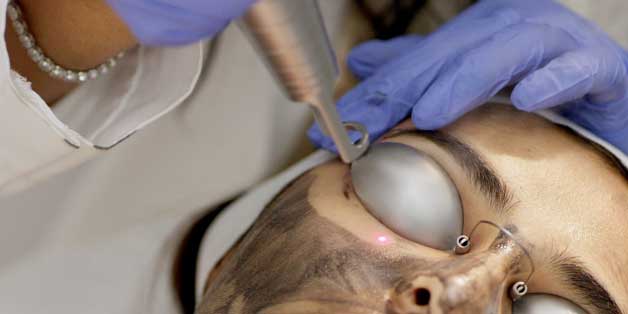Your skin develops wrinkles and fine lines as you grow older due to decreased elastin and collagen production. Other factors such as extended hours in the sun leave your facial skin imperfections. If these skin changes make you unhappy, you will be happy to know that laser resurfacing in San Francisco can help you achieve flawless skin. It is a facial rejuvenation that uses a laser device to precisely remove the outer skin layer (epidermis). The new skin that grows back is usually smoother, even, and more firm, giving you a younger-looking appearance. Below is how to prepare for the procedure.
Preparing for laser skin resurfacing
An initial consultation is a prerequisite for any medical or cosmetic procedure. It is essential to discuss with your doctor to understand what the process involves, including how it benefits you. For laser skin resurfacing, your doctor evaluates your medical history and inquires about your past and current medical conditions. You may need to provide a list of your current medications to ensure that none of them affect the procedure. Here is also when you discuss your doctor’s expectations to avoid disappointments after laser skin resurfacing.
Although the procedure is relatively safe, it can trigger breakouts or flare-ups in people with herpes. For this reason, ensure to inform your doctor if you get cold sores around your mouth. If you have a history of herpes infections around your mouth, your doctor prescribes an antiviral medication to prevent a viral infection. After your doctor deems you eligible for the procedure, you may also need to:
- Stop smoking
If you smoke, you may need to stop that at least two weeks before and after treatment to facilitate better results and seamless recovery.
- Extended sun exposure
Exposing your skin to the sun for long hours may cause permanent pigmentation in the treated areas. It can also reactivate the herpes virus in some people. You may need to wear sunscreen and a wide-brimmed hat whenever you step out to cover your skin from the sun.
Your healthcare provider may also require you to stop taking supplements and medication such as aspirin and ibuprofen at least ten days before your scheduled appointments. These increase your risk of bleeding during the procedure.
What are the possible risks of laser resurfacing?
Previous patients have reported various side effects that subside after a short period and others that last longer. Immediately after the procedure, the treated area feels itchy and may be swollen and red. The redness may last for several months and may worsen if you have a skin condition such as rosacea. There is also a risk of developing acne, especially when applying thick creams to your face after treatment. Since the procedure involves removing the outer layer of your skin, you can develop a bacterial, viral, or fungal infection. The process also poses a slight risk of permanent scarring.
Are you unhappy with the irregularities on your skin? Book a session with your specialist today at AESTHETIC SURGERY CENTER for laser skin resurfacing to enhance your facial outlook.


